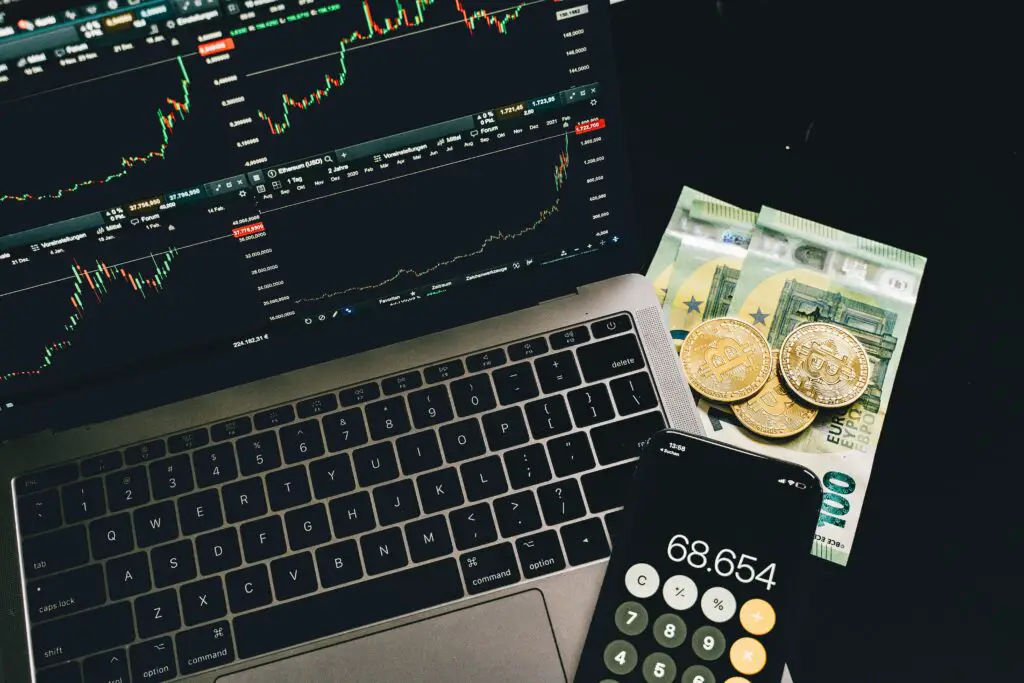The biggest and busiest place to sell currencies is the foreign exchange market or Forex. It is open all the time. Interest rates may be the most important thing that affects fixed trade. Central banks around the world decide these rates, and what they do can have a big effect on the values of currencies. This piece talks about how interest rates change the foreign exchange market, how these changes work, and how traders use these changes to make money.
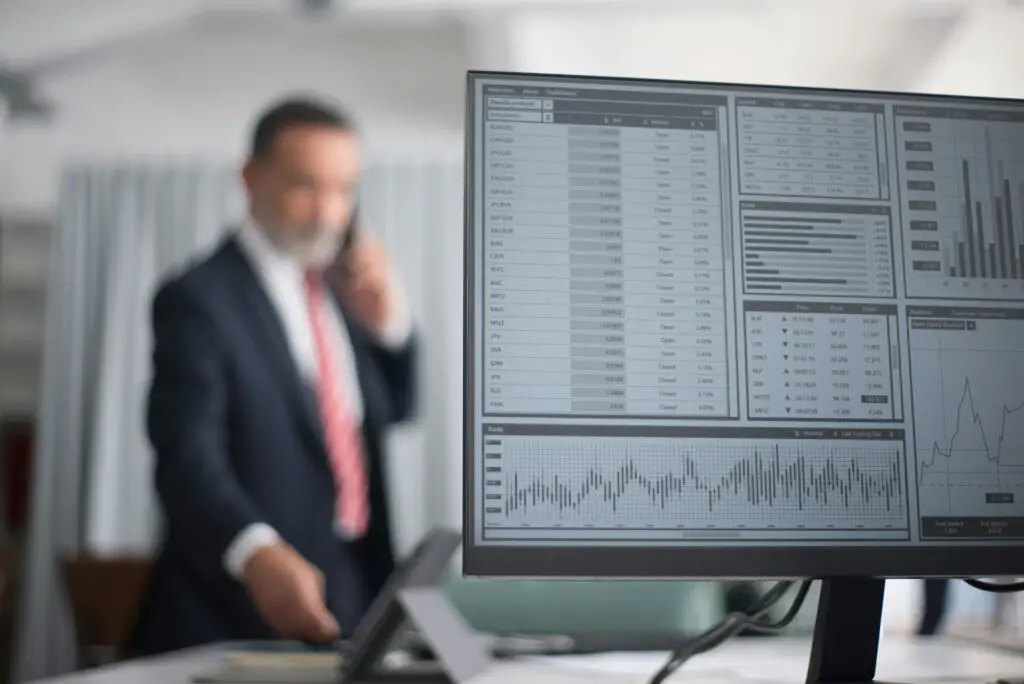
Learn about interest rates and how they affect the economy.
Rates of interest show how much it costs to borrow money or how much you get back when you spend it. The Federal Reserve sets them in the U.S., the Bank of Japan, the European Central Bank and other central banks as part of their plan to keep the economy in check with money. When interest rates go up or down, central banks try to either cool down an economy that is getting too hot or speed up growth in an economy that is going too slowly. Different types of interest rates, like those on loans, mortgages and savings accounts, are based on the interest rate set by the Central Bank.
How interest rates and the value of currencies are related
Interest rates have a big impact on the worth of a given currency. When interest rates are high, investments made in a currency usually earn more money. This makes it more appealing to investors from other countries. The value of the cash goes up because more people want it. Things are different when interest rates are low. Businesses make less money, which means the value of the currency goes down.
If the Federal Reserve keeps interest rates the same and the European Central Bank raises them, the euro is likely to gain value against the dollar. People who want to make more money would move their money to the Eurozone. This would make the euro more popular.
Differences in interest rates and pairs of currencies
Pairs of currencies such as EUR/USD or GBP/JPY are bought and sold in forex. The interest rate difference between two currencies in a pair has a big impact on how much they are worth. They are very important to traders because they show how profitable it could be to hold one coin over another.
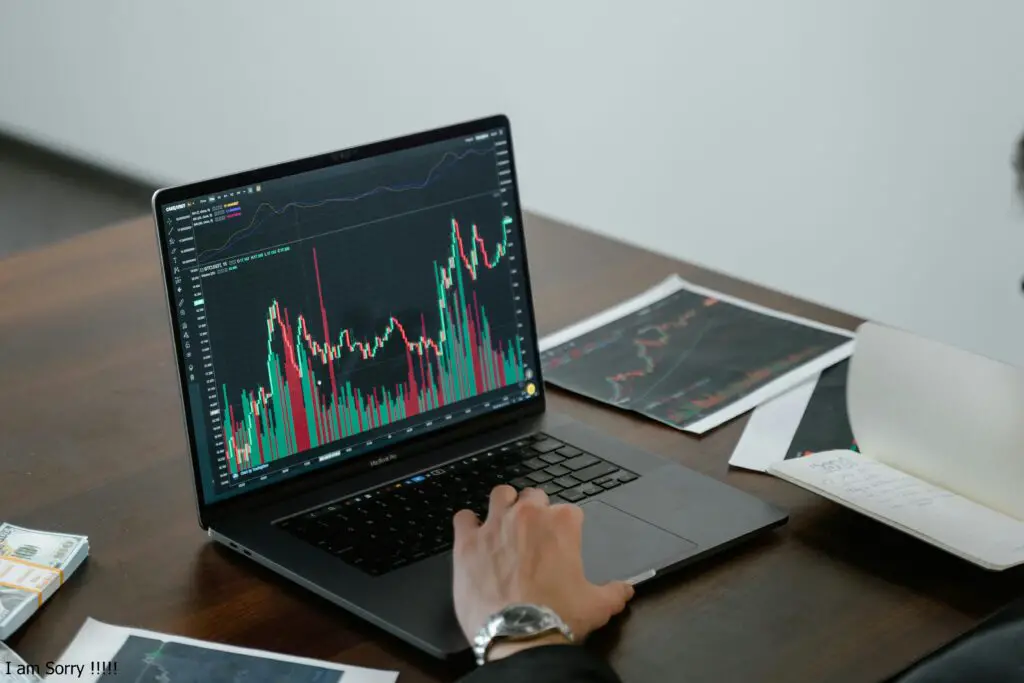
If interest rates are different between Australia and Japan, traders might buy the AUD/JPY pair to make money. For example, if interest rates are higher in Australia than in Japan. If you buy money in a foreign currency with a low-interest rate and then put it in a currency with a higher rate, you can make money through the carry trade. This is made possible by the difference in interest rates. If the value of the currency with the higher return goes up, the gains are even greater.
Policies of the central bank and what the market expects
Forex traders pay close attention to what central banks say and when they meet to get ideas about when interest rates might change in the future. A lot of the time, central banks tell the public about their choices about monetary policy. These things can quickly make the foreign exchange markets change in big ways. For some currencies just the thought of a change in interest rates can make it worth less than it would be otherwise.
For example, the U.S. dollar might lose value before the Federal Reserve says anything formal if the market thinks that the Fed will raise interest rates because of good economic data. If, on the other hand, people think that the central bank will probably lower rates, the currency may lose value because of this.
Rates of Interest and Inflation
Cost of living changes also have a big impact on interest rates and, by extension, the forex market. To keep prices steady, central banks often aim for a certain rate of inflation. If this amount of inflation is reached, the economy and bring inflation back down. People from other countries who want to make more money usually buy a currency that is stronger because interest rates are higher.
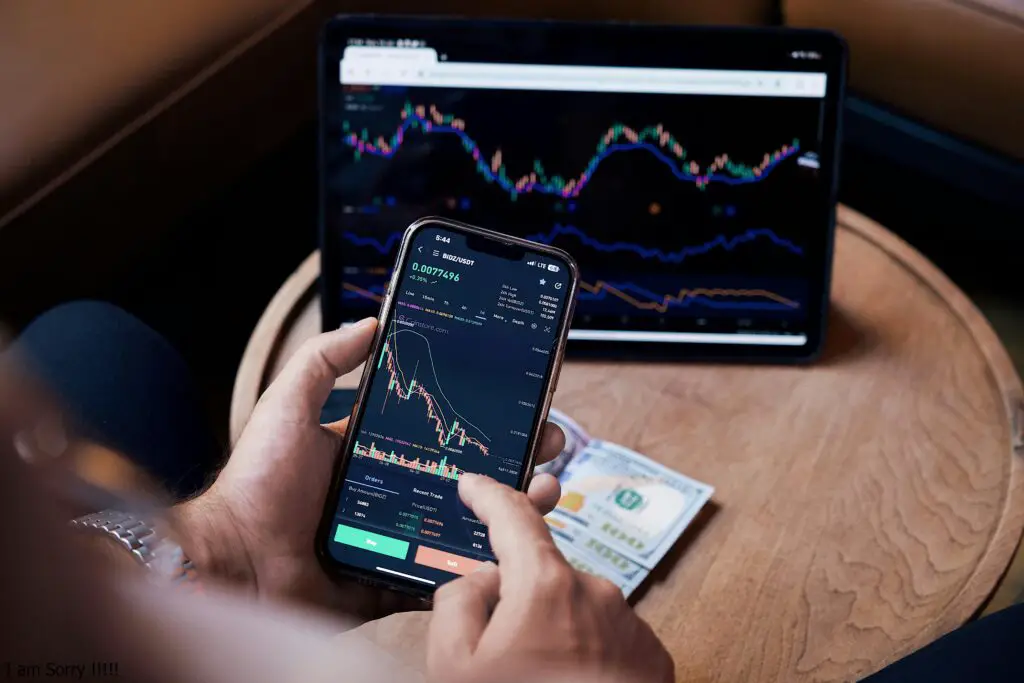
If, on the other hand, inflation is less than the goal, central banks may drop rates to get the economy going again. When interest rates go down, the value of the currency goes down, which makes purchases less appealing.
Interest Rates and Events in Geopolitics
Interest rates and the foreign exchange market can be affected by what is going on in global politics. Central banks may change their rules when there is unrest, war or economic fines. Some people may seek out haven currencies like the U.S. dollar, Swiss franc, or Japanese yen when there is a lot of political unrest. In order to keep their businesses stable, central banks in the affected places may change interest rates.
What are economic indicators used for?
Why do people think the way they do about interest rates and the forex market is affected by economic forces? Some of the most important indicators are GDP growth, the number of jobs, retail sales and industrial data. Most of the time, strong economic signs mean that the economy is doing well. The central bank might raise interest rates because of this which would make the currency worth more. On the other hand, when the economy looks bad, people think that interest rates will go down. This makes the currency worth less.
How to Trade Interest Rates in the Foreign Exchange Market
Make money when interest rates change. Here are some of the most popular strategies:
We have already talked about carry trade. This is when you take money from a foreign currency with a low-interest rate and put it in a currency with a higher rate. The difference in interest rates and the chance that the value of the currency will go up make traders money.
When interest rates change, traders often follow what the market does. When a central bank raises rates, the worth of a currency may go up. Traders can make money by buying this pair of currencies.
Traders keep an eye on news stories and words from the central bank to see if they give them any hints about when interest rates might change again. When these announcements are made quickly, they can use changes in the value of the currency to make money.
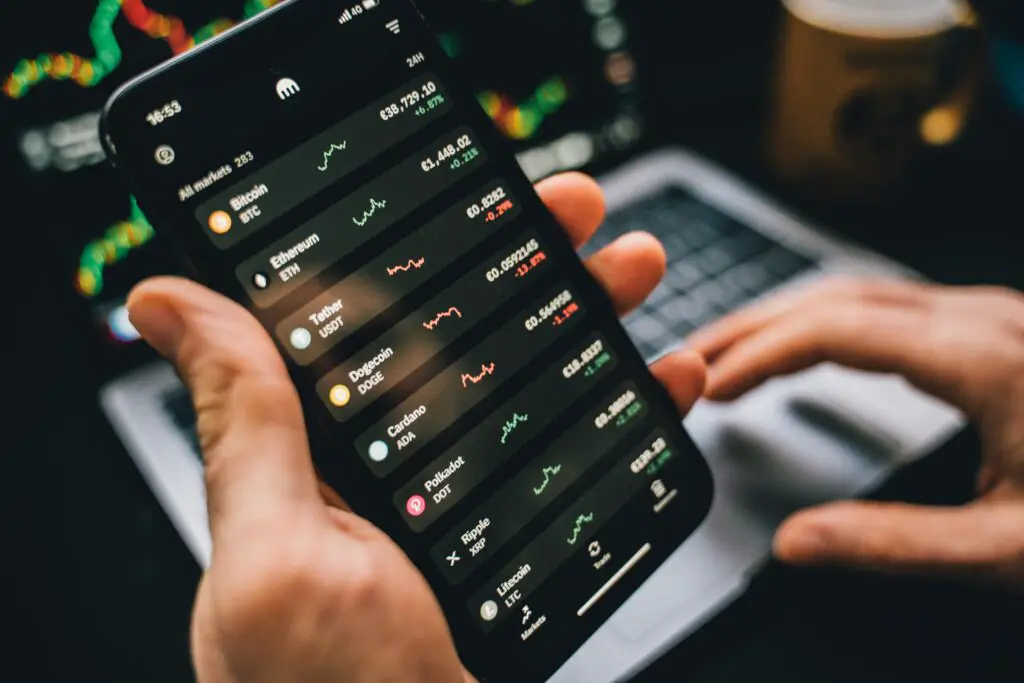
Interest Rate Swaps: Some traders use interest rate swaps to protect themselves from bad changes in interest rates. People can trade interest rate payments with these financial tools. This helps them deal with the risk that comes with interest rate changes.
When interest rates go up, what happens
It is clear that when central banks raise interest rates, the currency gets stronger right away. When rates go up, foreign buyers looking for better returns buy the currency. This makes it more in demand. But it can be hard to understand how these changes affect the business as a whole. When interest rates go up, it costs more to borrow money, which means people spend less and businesses invest less. This slows down economic growth.
As an example, when the Federal Reserve raises interest rates, the U.S. dollar tends to get stronger. But it can slow down the economy when it costs more to borrow money which could finally stop the currency from going up. When interest rates go up, businesses have to pay more to borrow money, which could hurt the stock market.
What Happens When Interest Rates Are Cut
But when central banks lower interest rates the value of the currency starts to fall right away. When rates go down, people from other countries are less likely to buy the currency, which lowers demand. On the other hand, lower interest rates can help the economy by making it easier for people and businesses to borrow money and spend it.
One thing that could make the euro weaker is if the European Central Bank cuts interest rates. But loan interest rates that are lower can help the economy grow. If the economy gets better, this could be good for the currency in the long run.
Effects of Interest Rates in the Real World
Examples from the past show how changes in interest rates have a big effect on the forex markets.
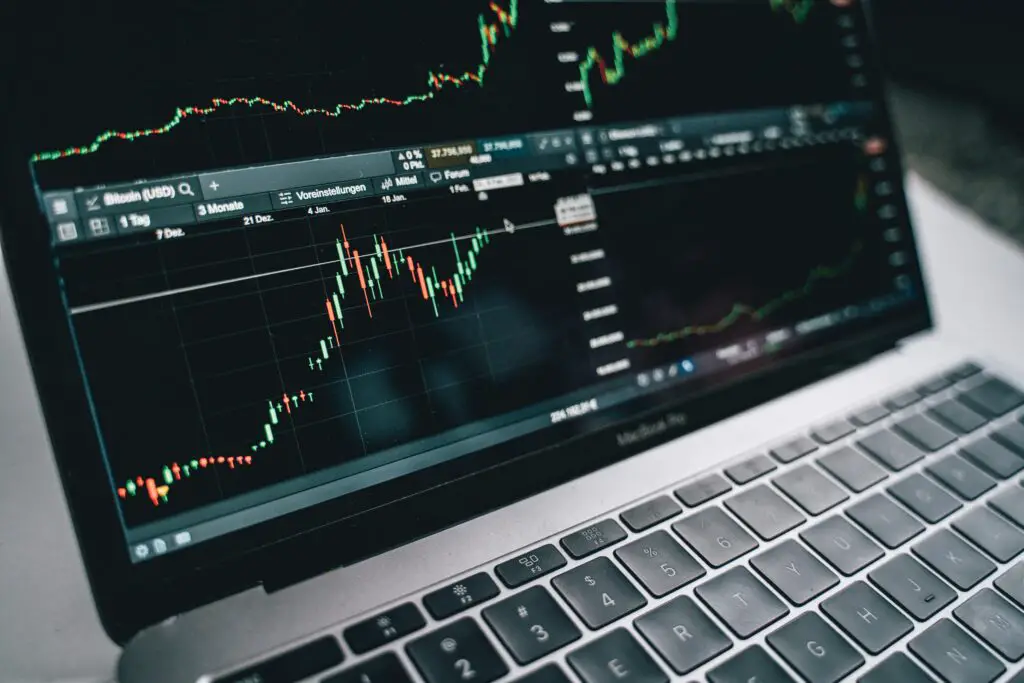
The Federal Reserve and the U.S. Dollar: In the late 2010s, the Federal Reserve raised interest rates several times to get monetary policy back on track after the Great Recession. When interest rates went up, foreign money came in, which made the U.S. dollar stronger. On the other hand, investors looked for better returns elsewhere when the Fed dropped interest rates in 2020 because of the COVID-19 pandemic. This wasn’t good for the dollar.
To fight deflation and boost economic growth, the Bank of Japan has kept interest rates very low for many years. Japan’s yen has been used a lot in “carry trades,” where buyers borrow yen at low rates and put the money into currencies that earn more. The yen can still move a lot, though, if the Bank of Japan changes its rules.
How to Handle Changes in Interest Rates When Trading Forex
One of the most important things in the forex market is interest rates. This is a very important thing for F.X. players to understand: interest rates change the value of a currency. If traders keep an eye on economic data, global events, and central bank policies, they can profit from changes in interest rates. Because interest rates have a lot of different effects traders can also use strategies like news trading trend following and carry trades to make money.
When you trade, you need to stay alert and adaptable, as shown by how interest rates and the forex market affect each other. It is because of this that central banks change their rules when the market does. To take advantage of new chances Forex buyers need to be ready to act quickly. Traders can improve their skills and improve their chances of success in the fast-changing field of forex trading by learning how interest rates change and how those changes affect the values of currencies.
